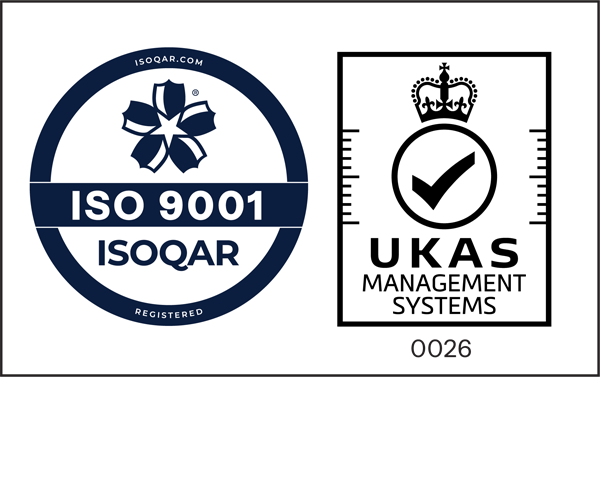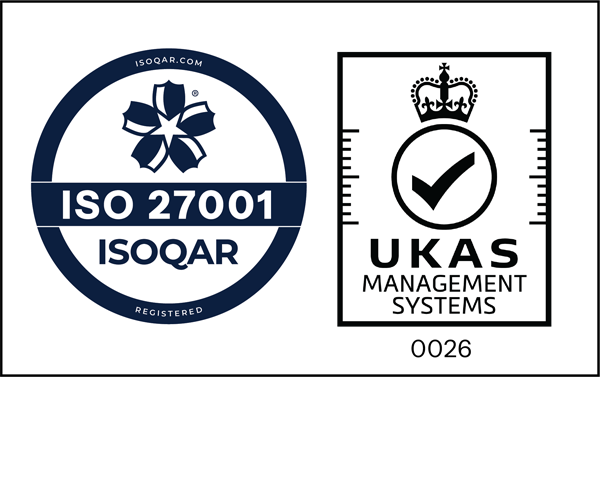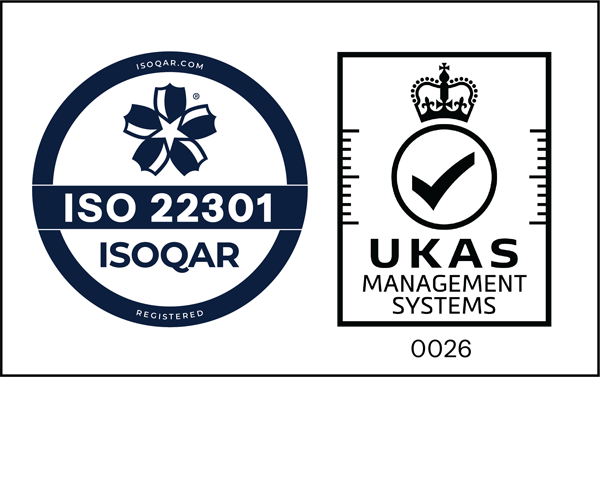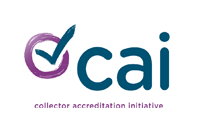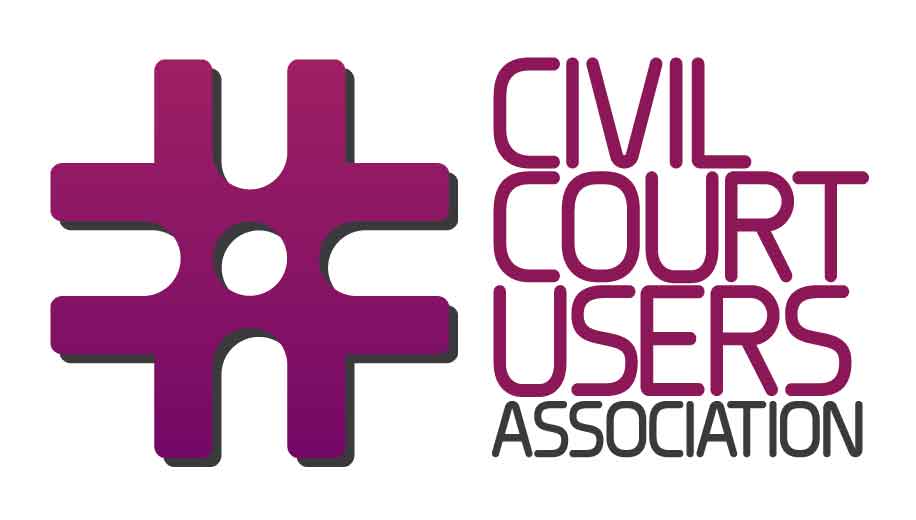Frequently Asked
Questions
We understand that you may have questions – please click
the buttons below to find answers to those most frequently asked.
Including all stages of litigation.
Managing your account with TM Legal
Why have I been contacted by TM Legal?
We have been instructed to issue legal proceedings against you. We have contacted you in an attempt to discuss the situation and hopefully avoid legal action. If we have been in touch it is super important that you contact us.
I have recently received contact what can I do?
Get in touch with us and help us to decide on the best course of action to take.
Telephone – You can speak to one of our Case Manager by calling 01253 226186.
Calls from a landline will be charged at a local rate. Mobile phone charges can vary based on your network provider.
Email - You can also email us using your TM Reference number that can be found on all our correspondence, followed by "@tm-legalservices.uk"
I want to set up a payment arrangement. How do I do this?
Please contact our office as soon as possible on 01253 226186 or if you prefer you can complete an income & expenditure form and set up an arrangement online, without having to speak to anybody. To do this simply click here to login.
Income & Expenditure Form (“I&E”)
A completed income and expenditure form is the best tool available to help us to understand your financial circumstances and allow us to set a repayment arrangement that is affordable, sustainable and appropriate for you.
Click here to login to complete an I&E form online and start your repayment journey.
Why do I need to complete an I&E?
It is important that we understand your financial circumstances and how you are currently managing your existing commitments, to create a repayment arrangement that is appropriate and affordable for you.
You can be assured that we will never ask you to pay more than you can afford. A completed I&E is a really useful tool that allows you to take control of your finances.
Once you have a payment arrangement in place, we will conduct reviews of the arrangement on a regular basis (usually every nine months) to ensure that it is still appropriate for your circumstances.
If you feel at any time that your current arrangement is no longer affordable, please contact us to discuss this and agree to a more suitable solution.
What information will I need for the I&E?
To ensure that the arrangement we set with you is appropriate and affordable, it is important that you provide us with details of any income and outgoing expenses.
This includes any salary, benefits and/or pension income that you receive together with everything that you pay for, such as your mortgage or rent, utility bills – water, electricity, gas, insurances and any finance arrangements or borrowings/debts you may have. We will also need to know what you pay for housekeeping including your weekly or monthly food shopping, any school meals or hobbies that you have.
The more information you provide us with, the more accurate and appropriate your repayments to us will be.
What if I don’t know some of the answers?
It is important for you to have all of your financial information to hand; however we understand that this is not always possible. We appreciate that some information can be difficult to obtain, therefore we can take into consideration average figures. If for example you are self-employed, we can use your average income over a three-month period.
If you are still unsure of your details or don’t believe that you can get all of the information you will need, we still want hear from you to discuss your account and the options available to you.
I am really struggling with my finances – what should I do?
No matter what your financial situation is, we want to help. Our Case Managers are committed to working with to you to agree the appropriate next step based on your current personal situation. The best way for you to do this is to contact us on 01253 226186.
We understand that life is complicated and we will only ask you to repay what you can afford. This typically involves reviewing any income and outgoing expense to understand what is affordable to you.
How do I manage my account?
The most straightforward way to manage your account is by logging in to your online portal account https://portal.tm-legalservices.uk/login.
I have a question about my account not answered in your FAQs
If you have a question that is not answered in our FAQs then simply contact us.
There are many ways that you can contact us.
Online – You will need your customer reference and online portal pin detailed in all correspondence sent from TM Legal and your date of birth.
Telephone – You can speak to one of our Case Manager by calling 01253 226186.
Calls from a landline will be charged at a local rate. Mobile phone charges can vary based on your network provider.
Email - Use your TM Reference number that can be found on all our correspondence, followed by “@tm-legalservices.uk”.
If we don’t hold your email on file, we will need you to confirm your full name, address and date of birth as security information.
What payment methods are available to me?
Our most popular method of payment is by Direct Debit as it is easy to set up and means that you don’t need to remember to make your payment every month – payments will be taken automatically.
To set up a Direct Debit
Please click here: https://www.tm-legalservices.co.uk/form-dd
Our other payment options are:
Online Payment by Card
https://portal.tm-legalservices.uk/quick-payment
Recurring Debit Card Payment
(login using your TM Legal Reference and your Customer PIN – both of which are on our letters)
https://portal.tm-legalservices.uk/login
Bank/Standing Order
Account Number: 48847771
Sort Code: 60-00-01
(Ensure you quote your TM Legal reference number please)
Telephone Payment
Call 01253 226186 and press option 1
Letter of Claim
What is a Letter of Claim?
The Letter of Claim is a letter to inform you that we have been instructed to act on behalf of a Client to issue legal proceedings.
The purpose of the Letter of Claim is to encourage engagement and is sent to you under Pre-Action Protocol (PAP) requirements.
It explains the position of your account and gives you the opportunity to contact us to prevent legal proceedings being commenced.
If you have received a Letter of Claim, please contact our office as soon as possible, as this may prevent any further legal.
What happens if I ignore the Letter of Claim?
If you ignore the Letter of Claim, legal proceedings may be issued against you, without further notice. If proceedings are issued, then a County Court fee and fixed Solicitor’s costs will be added to your balance – increasing the amount that you owe.
Our aim is to help you to reduce your balance rather than increase it – so if you have received a Letter of Claim from us, please contact us immediately to avoid the matter escalating.
Court Action
I have received a Judgment from the court, what should I do?
The County Court Judgment (CCJ) will tell you how much and when payments must be made. You may be ordered to pay the entire CCJ in one lump sum ‘forthwith’ meaning immediately or by a certain date (usually not more than 21 days after the Order). Alternatively, the Court may grant a CCJ to be paid by regular instalments.
Payment should be made directly to us. Our most popular payment methods are Direct Debit and Continuous Payment Authority (CPA). Both are easy to set up and means you don’t need to remember to make your payment every month – it will be debited automatically.
You can make a payment and set up a CPA here: https://portal.tm-legalservices.uk/quick-payment
To set up a Direct Debit please call us on: 01253 226186
What if I refuse to pay?
If you cannot pay the amount ordered in the County Court Judgment (CCJ), please contact us so that we can help you to set up an arrangement that is affordable and appropriate for you.
If you do not make payments in line with the CCJ and we do not hear from you to discuss your account, we may be instructed by our client to return the matter to Court for enforcement.
We would prefer to avoid this course of action, as it will stop further fees and costs being added to the balance.
Has my credit rating been affected?
If a County Court Judgment (CCJ) has been obtained against you, it will remain on your credit file for 6 years from the date that it was entered against you and may also negatively impact your credit file.
A CCJ can still exist on your credit file after the Default Notice has been removed; this is because the Judgment may have been registered against you after the Default Notice has expired.
A CCJ can be marked as satisfied once it has been paid in full. If the CCJ is paid in full within 1 month of it being entered against you, it can be cancelled. If cancelled, the CCJ can be removed from your credit file altogether.
You have written to me at my previous address and I was not aware of the Judgment
It is perfectly acceptable for legal proceedings to be issued and a County Court Judgment (CCJ) entered at your last known address. It is your responsibility to make a creditor aware of any changes in your own circumstances, such as a change of address.
If a CCJ is entered against you, the Court has determined your liability for your financial commitment and requires you to repay the outstanding balance.
What happens if I file a Defence?
If you file a Defence this does not mean you will not have to repay the debt. Your Defence will be reviewed by our Litigation Team who may attempt to contact you to resolve any issues you have raised.
If you do not respond or if we are unable to reach a resolution, further court action may be taken against you. This could include an application being made to the Court to request that your Defence be struck out.
Our application may result in a CCJ being entered against you for the full amount stated on the Claim Form, with additional court fees and costs being awarded by the Court – this can sometimes significantly increase the amount that you owe.
Enforcement Action
What do you mean by Enforcement Action?
If you have not engaged and set up an affordable payment plan, we may be instructed to issue enforcement proceedings to recover the debt on behalf our clients.
This could be one of the following methods in the County Court:
- Charging Order
- Attachment of Earnings
- Warrant of Control
In addition, depending on the debt type and balance it may also be open to our client to instruct us to transfer your CCJ up to the High Court.
If transferred to the High Court this allows for the issuing of a:
- Writ of Control
If an application is made to either the County Court or the High Court, your balance would increase due to the additional fees and costs of an application to enforce. If transferred up to the High Court this could significantly increase the amount that you owe.
Charging Order
What is a Charging Order?
A Charging Order is an Order of the Court which secures an outstanding County Court Judgment (CCJ) debt against your interest in a property at HM Land Registry.
If you sell or remortgage your property, the amount owed under the CCJ will be repaid from any surplus funds that are available.
A Charging Order does not mean that your property will be repossessed; however it will remain registered against your property until the secured balance has been paid, at which point the registration can be removed.
My property is jointly owned, can you still make a Charging Order application?
Yes, a Charging Order application can still be made if you jointly own your property. However, the debt will only be secured against your interest in the property and will not affect the interest of any joint proprietor(s).
Please note that any joint proprietors will still be served with Court documentation to notify them of the Charging Order application.
You have registered the Charging Order against my interest in my property, do I still have to make payments now?
Yes. A Charging Order acts as security, as the outstanding balance is repaid once you sell or remortgage your property. However, it does not mean that you should stop making payments to the amount that the Court has determined that you owe, in line with the CCJ.
If I pay the balance in full will the Charging Order(s) be removed from the property?
Yes. Once the outstanding balance has been repaid, we will make the relevant application to HM Land Registry to remove the registration from your property.
Attachment of Earnings
What is an Attachment of Earnings?
An Attachment of Earnings Order instructs your employers to deduct payments directly from your wages to repay the balance owed under the County Court Judgment.
A Suspended Attachment of Earnings Order may be granted, which allows you to make payments directly to us without your employer being notified.
However, if you do not maintain payments in line with the Suspended Order, the Court may grant a Full Attachment of Earnings Order, meaning that your employers will be instructed by the Court to deduct payments directly from your wages.
I have received an Attachment of Earnings Form. What should I do now?
An Attachment of Earnings form (known as an N56) is used by the Court to determine how much you should pay towards the County Court Judgment (CCJ).
It is important that you complete and return this form to the Court within eight days of receipt.
What if I fail to return the Form?
If you fail to return the form within eight days, a County Court Bailiff may be instructed by the Court to visit your property to serve you with this form on you personally.
What if I ignore the Court Bailiff and take no action?
If you do not complete the Attachment of Earnings form (N56), the Court may summon you to a hearing to explain why you have not completed it.
If you fail to attend the hearing a Judge may issue a Warrant of Committal which may result in your arrest and imprisonment.
What if I am not working?
It is important that you let us know about your circumstances or complete the Court form to let them know that you are not working. If you contact us directly, we can make the Court aware of your situation and set up an appropriate repayment arrangement with you directly.
Please do not ignore the Court form even if you are not currently employed as the case will continue to escalate until the Court are made aware of your situation.
Will my Employer find out about this?
Not on every occasion, no. If you promptly complete and return the Court Form, you can request that a Suspended Attachment of Earnings Order is granted when making your offer, however this is ultimately the decision of the Court.
If you fail to complete and return the Court form within the eight-day period allowed by the Court, your employer may also be contacted and asked to provide details of your income.
Warrant of Control
What is a Warrant of Control?
A Warrant of Control is where a County Court Bailiff is instructed to recover an amount of money relating to your County Court Judgment (CCJ). A Bailiff will visit your property to levy on goods or collect payments to the value of the outstanding Warrant.
There is still an opportunity to avoid contact from a Bailiff once a Warrant of Control has been issued if you contact us. Where possible we will set a payment arrangement with you directly and then ask the Court to suspend the Warrant and any Bailiff activity once you begin making payments to us.
I can’t afford to pay the Warrant in full, what can I do?
If you are unable to pay the balance of the Warrant in full, please call us on 01253 226186 to discuss the options available to you.
High Court Writ of Control
What is a High Court Writ of Control?
A High Court Writ of Control can be issued where an applicable CCJ has been transferred up to the High Court. Once issued, a High Court enforcement officer is authorised to take control and sell enough of your goods in order to satisfy the amount outstanding under the Judgment rather than simply collecting payments against the debt. High Court enforcement officers have more power to enter premises and remove goods than County Court bailiffs.
What types of accounts can be transferred up to the High Court?
For a judgment to be transferred up to the to the High Court, a debt must be greater than £600 and not be regulated by the Consumer Credit Act.
Credit Files
How does my Credit file impact me?
If a County Court Judgment (CCJ) is entered against you, it will remain registered on your credit profile for 6 years. Your credit information is checked by lenders when you apply for credit, and a CCJ can negatively affect your ability to get a loan, credit card, bank account or even a mobile phone contract.
If you repay the balance due under a CCJ, we will write to the Court to request that the CCJ is marked as satisfied. Satisfying a CCJ may have a positive impact on your credit file.
Does TM Legal Services need to be regulated by the FCA to collect debt?
TM Legal is a firm of solicitors who specialise in providing debt recovery litigation services.
As a result of a change in the law in 2015, the type of work we undertake is no longer a “regulated activity” as defined by Article 39(f) of the Financial Services and Markets Act 2000 (Regulated Activities) Order 2001.
We therefore are not required to be regulated by the FCA as we are an exempt professional firm. We are authorised and regulated by the Solicitor’s Regulation Authority – number 647970.





